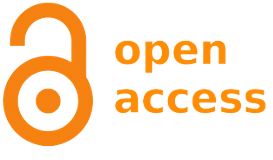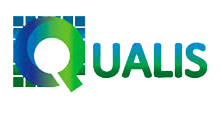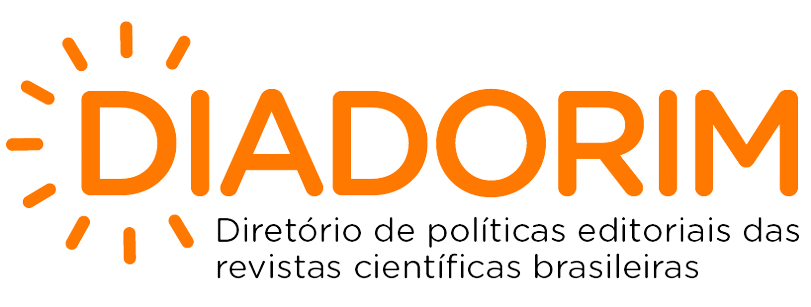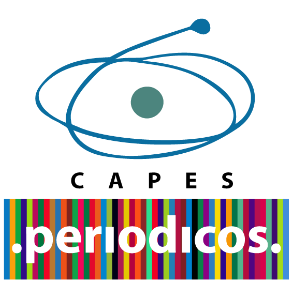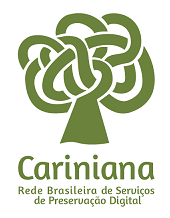The Municipal Geographic Atlas as a Didactic Resource in Geography Education: elaboration and prospects for training
DOI:
https://doi.org/10.5433/2447-1747.2020v29n2p241Keywords:
School geographic atlas, Geography, Elementary school, Didactic resources, School.Abstract
The article presents a study about the elaboration and the use of the municipal school geographic atlas, according to the teaching conception, in the teaching and learning process of the Geography in the Elementary School. It presents results of a meta-analytical research that explained different processes and results of projects that elaborated municipal atlases of different Brazilian municipalities. In which the reality of these projects was related to the reality of a municipality that does not have this resource in the school system, as in the municipality of Canguçu-RS, pointing out different ways and possibilities of the school public (teachers and students) to use the municipal atlas as pedagogical tool for site study. For this, five different conceptions of municipal atlases were analyzed and semi-structured interviews were conducted with elementary school teachers in the municipality of Canguçu-RS. In the conclusions, the relevance of this resource in Geography classes is emphasized, especially by the local content base, familiar to the students, besides highlighting the relevance of the elaboration processes and didactic approaches that permeate the five analyzed examples. The article highlights that the participatory elaboration of the municipal atlas would be important as a perspective of continuing education for teachers, besides representing a qualified didactic alternative for the teaching of geography in the municipality.Downloads
Downloads
Published
How to Cite
Issue
Section
License
Copyright (c) 2020 GEOGRAFIA (Londrina)

This work is licensed under a Creative Commons Attribution-NonCommercial 4.0 International License.
The authors retain the copyright simultaneously licensing the work under the Creative Commons Attribution-NonCommercial 4.0 International license. This license allows third parties to distribute, remix, adapt, and develop the material in any medium or format for non-commercial purposes, giving due credit for authorship and initial publication in this journal.
The journal reserves the right to make normative, orthographic, and grammatical changes to the originals in order to maintain the standardized language and the credibility of the vehicle while still respecting the authors' writing style. Conceptual suggestions, changes, or corrections will be communicated to the authors when necessary.
The opinions expressed by the authors of the articles are their sole responsibility.
This work is licensed under a Creative Commons Attribution-NonCommercial 4.0 International license.




